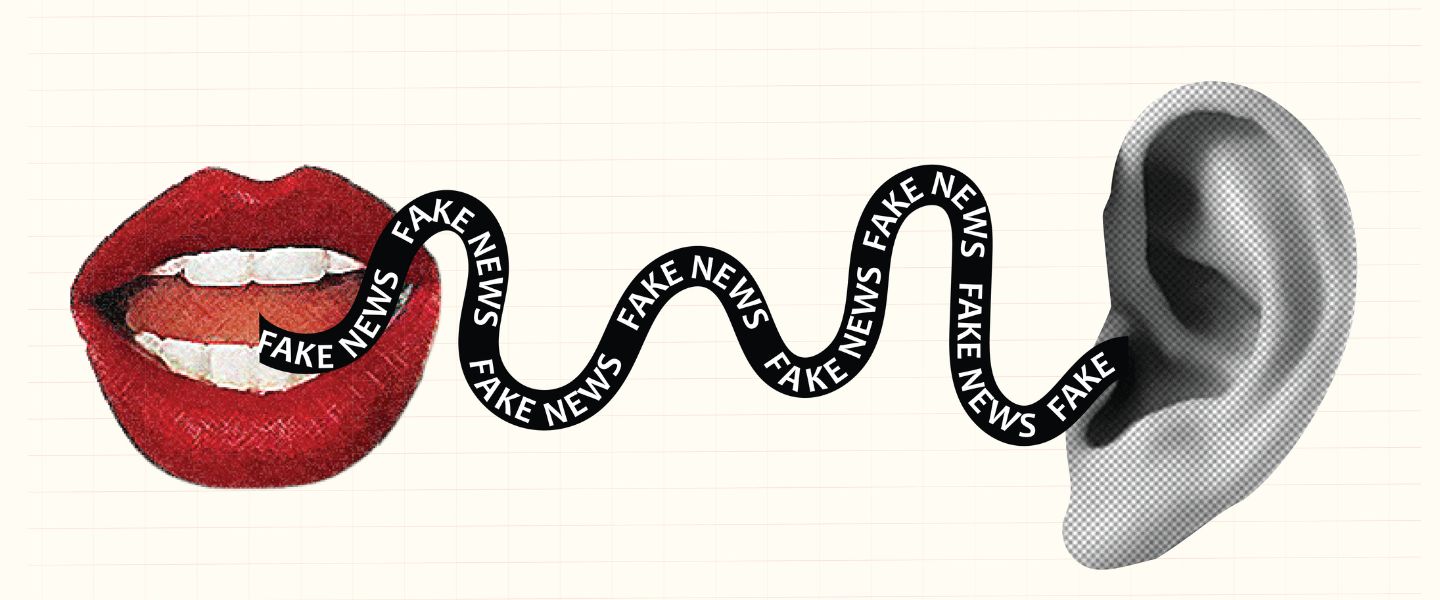
Is it time you went back to beige?
Beige gets a bad rap from brand consultants, but when you’re stressed, it’s hard to think clearly: you need to return to neutral first. To reset your nervous system, try going back...

by Michael D. Watkins Published April 23, 2025 in Brain Circuits • 4 min read


Time's up
Executives typically experience three distinct emotional phases during retirement transitions:
The journey begins with an anticipatory phase marked by mixed emotions of anxiety and excitement. Many leaders enter a period of euphoria and relief upon retirement, but this honeymoon period usually heralds a more complex emotional landscape.
The second phase often brings unexpected challenges as the reality of the transition sets in, with feelings of disorientation and loss of purpose and identity. The timing and intensity of this phase vary, but its arrival is nearly universal.
The final phase is where leaders begin to craft a new identity and purpose. This stage requires active engagement in creating meaning beyond your professional achievements. Time taken to attain this phase varies significantly: preparation, support systems, and psychological readiness all significantly impact the journey.
To transition from structured leadership to retirement, you need to establish new psychological anchors. These are stabilizing forces during periods of uncertainty and change, providing continuity of purpose while allowing space for new growth and discovery.
Effective psychological anchors combine structure with flexibility, maintaining connections to areas of expertise while fostering new interests and relationships. They should be designed to support intellectual engagement and emotional well-being. The key is creating systems that provide stability without recreating the constraints of corporate life.
Professional support during this transition can be invaluable. Transition coaches specialize in the unique psychological challenges faced by retiring executives. They bring expertise in identity reformation, status adjustment, and creating new purpose narratives. Their role extends beyond traditional executive coaching, focusing specifically on the psychological dimensions of retirement.
The psychological journey of retirement requires as much strategic planning as the operational handover of your role. While organizations typically have detailed protocols for succession planning, the psychological transition demands equal, if not greater, attention. This internal journey must be approached with the same rigor and strategic thinking that characterized your leadership career.

Professor of Leadership and Organizational Change at IMD
Michael D Watkins is Professor of Leadership and Organizational Change at IMD, and author of The First 90 Days, Master Your Next Move, Predictable Surprises, and 12 other books on leadership and negotiation. His book, The Six Disciplines of Strategic Thinking, explores how executives can learn to think strategically and lead their organizations into the future. A Thinkers 50-ranked management influencer and recognized expert in his field, his work features in HBR Guides and HBR’s 10 Must Reads on leadership, teams, strategic initiatives, and new managers. Over the past 20 years, he has used his First 90 Days® methodology to help leaders make successful transitions, both in his teaching at IMD, INSEAD, and Harvard Business School, where he gained his PhD in decision sciences, as well as through his private consultancy practice Genesis Advisers. At IMD, he directs the First 90 Days open program for leaders taking on challenging new roles and co-directs the Transition to Business Leadership (TBL) executive program for future enterprise leaders, as well as the Program for Executive Development.

20 hours ago • by Francesca-Giulia Mereu in Brain Circuits
Beige gets a bad rap from brand consultants, but when you’re stressed, it’s hard to think clearly: you need to return to neutral first. To reset your nervous system, try going back...

February 11, 2026 • by Stefan Michel in Brain Circuits
Drawing on his recent IMD podcast with Amar Bhidé, IMD Professor of Management Stefan Michel debunks longstanding misconceptions about entrepreneurship....

February 10, 2026 • by Susanne May in Brain Circuits
Forget everything you’ve heard about genius CEOs, intuition, and heroic decision-making, says Susanne May – use Jensen Huang’s radical leadership of Nvidia as a blueprint to succeed in the AI era....

February 5, 2026 • by Michael D. Watkins in Brain Circuits
AI can do plenty in terms of learning and skills development – but educators and talent leaders also need to understand what AI tools should not be used for. ...
Explore first person business intelligence from top minds curated for a global executive audience